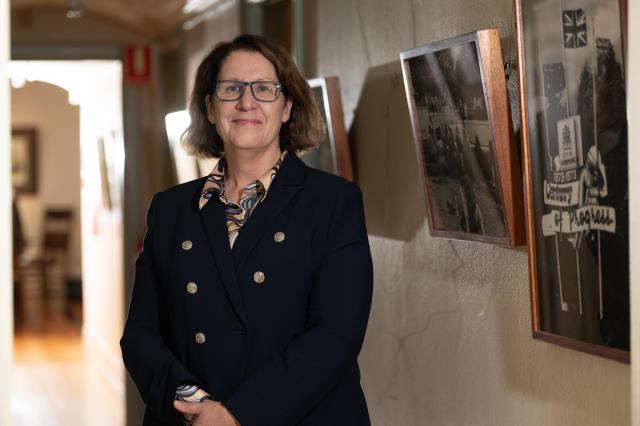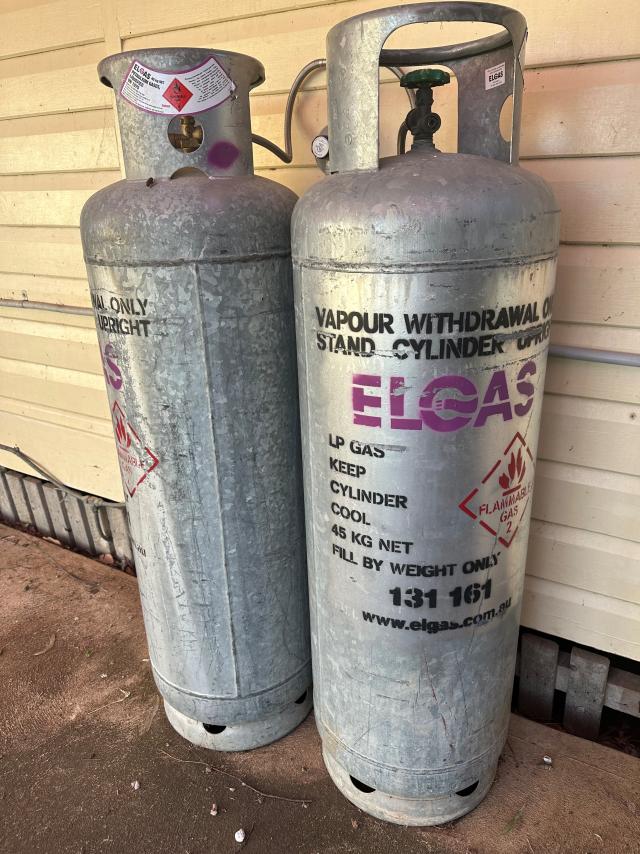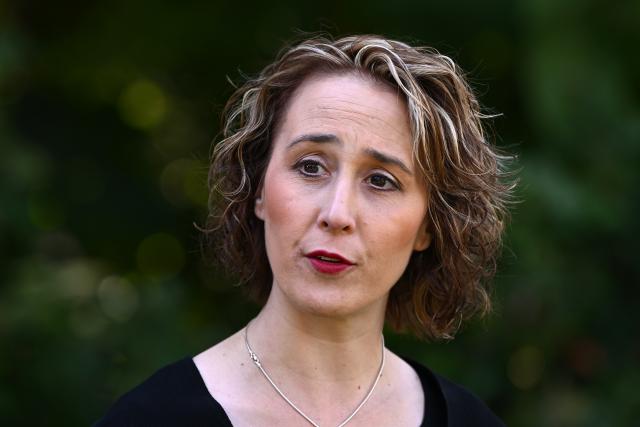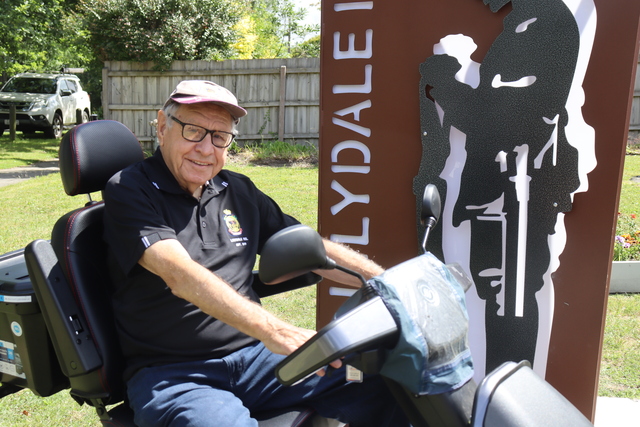Premier Daniel Andrews announced a controversial gas ban from 1 January 2024 on all new houses, public buildings and social houses.
But how what impact does it have on Victorians?
The major reform is part of the plan to reach net zero emissions in Victoria by 2045 as well as to help new homeowners save on their energy bills.
The State Government has estimated households will save up to $1,000 anually – or $2,200 if they have solar installed – and reduce emissions.
Environmentalists, doctors and local councillors have welcomed the reform, but many aren’t happy about the news.
“Absolutely ridiculous. First we were told gas is the better option and everyone went with it for decades, now suddenly, for it to be banned?” Casey resident Neil Heaton said.
Liberal Democratic Party member, Stephen Matulec, of Narre Warren, agreed.
“Absolutely terrible, if we can’t use gas the demand for electricity will increase and therefore the cost of electricity will increase even more than it already has.
“The government needs to stop intervening in the market, they have done enough of that already and all it does is continuous increase in prices,” he said.
“This is a government who loves to play politics. Apparently it’s okay to export gas but not use it ourselves? Ridiculous!”
Endeavour Hills resident, Peter Cooney says electricity won’t be able to cope.
“For the planet to meet our targets of net zero, we have to convert everyone to rubbing two sticks together.
“Electric cooking with induction is less efficient than gas. Gas hot water is brilliant. Electric is rubbish especially if you’ve got no electricity to run it at night.”
Greater Dandenong Greens councillor Rhonda Garad says this total backlash is completely normal but the reform shouldn’t have come to a surprise to those who followed the topic.
“People think this is a surprise but they haven’t followed the long term advocacy.
“This is going on for years and if this is a surprise to people then they haven’t followed the advocacy.”
Cr Garad, who is also a public health researcher, says there are numerous health and cost benefits to this reform.
“In terms of air pollution, gas in the house is a terrible idea.
“There’s a risk of carbon monoxide poisoning as a result of excessive intake of the chemical due to the gas. It’s very invisible and can kill people.
“Increasingly people understand the benefits of solar generated electricity.
“People that are confused may be not familiar with the myriad of health problems that are caused by gas and the economic burden.”
Dr Trivess Moore, a senior lecturer at RMIT University’s Sustainable Building Innovation Laboratory, says there are a number of benefits from the announcement but it needs to be monitored carefully.
“The decision to end gas is driven not only by environmental benefits but also economic, health and wellbeing.
“It needs to be carefully monitored and managed to ensure that we don’t see other challenges emerge such as issues with the reliability of electricity network.”
Dr Moore, who is also a research fellow at RMIT, says energy prices should start to decline over the coming years in response to concerns over possible high electricity prices.
“The broader analysis is we have higher uptake at renewable energy.
“There may be a short term financial increase in energy cost but in the longer term the provision of renewable energy will decrease (in price),” he said.
“For more than 10 years there have been reports after reports that electric houses are economically beneficial.”
Dr Moore said additional short-term funding would soften the costs of electrical appliances such as heat pumps, hot water systems, cooling systems, and induction cooktops.
Dandenong MP Gabrielle Williams said there are new incentives available to help with these costs as well as funding for the construction industry to transition.
“To help prepare for the transition, the Government is investing $1 million in targeted training to ensure the construction industry is supported in the transition to all-electric and 7-star homes,” Ms Williams said.
A further $3 million package includes free training to 1,000 plumbers and apprentices to design and install energy efficient heat pumps and solar hot water systems.
Additionally, 400 electricians and fourth-year apprentices will be granted free training to safely design and install rooftop solar and home battery systems
A $10 million investment is also announced in a new ‘Residential Electrification Grant’ program to ensure owners can maximise the benefits of household renewable energy, Ms Williams said.
“Grants will be available to volume home builders, developers and others to provide bulk rebates for solar panels, solar hot water and heat pumps to new home buyers up front.”
As majority of the houses in Greater Dandenong are old in the established municipality, Cr Garad said she’ll like to see the opportunity to go electric to everyone.
“This is absolutely fantastic for Greater Dandenong area where we have older houses. I’m absolutely thrilled by this decision.
“Older houses have inefficient gas so residents pay more for their gas and they’re trapped.
“So when residents try to get rid of gas they find gas companies won’t do that or charge hundreds of dollars.
“The reform is far more efficient and healthier but older houses should be the focus so everyone has the opportunity.”
Ms William said existing owners can make the shift through Victorian Energy Upgrades program.
“To help existing homeowners switch away from gas, we recently added new incentives to replace gas appliances with efficient electric alternatives in our Victorian Energy Upgrades program, as well as removing all residential gas products from the program.”
Through the program households can get $900 off a reverse cycle air conditioner to replace a fixed gas heater which results in almost $200 annual bill savings.
Existing owners can receive $3,600 when replacing a whole house gas ducted system with a reverse cycle system, saving almost $600 annually.









